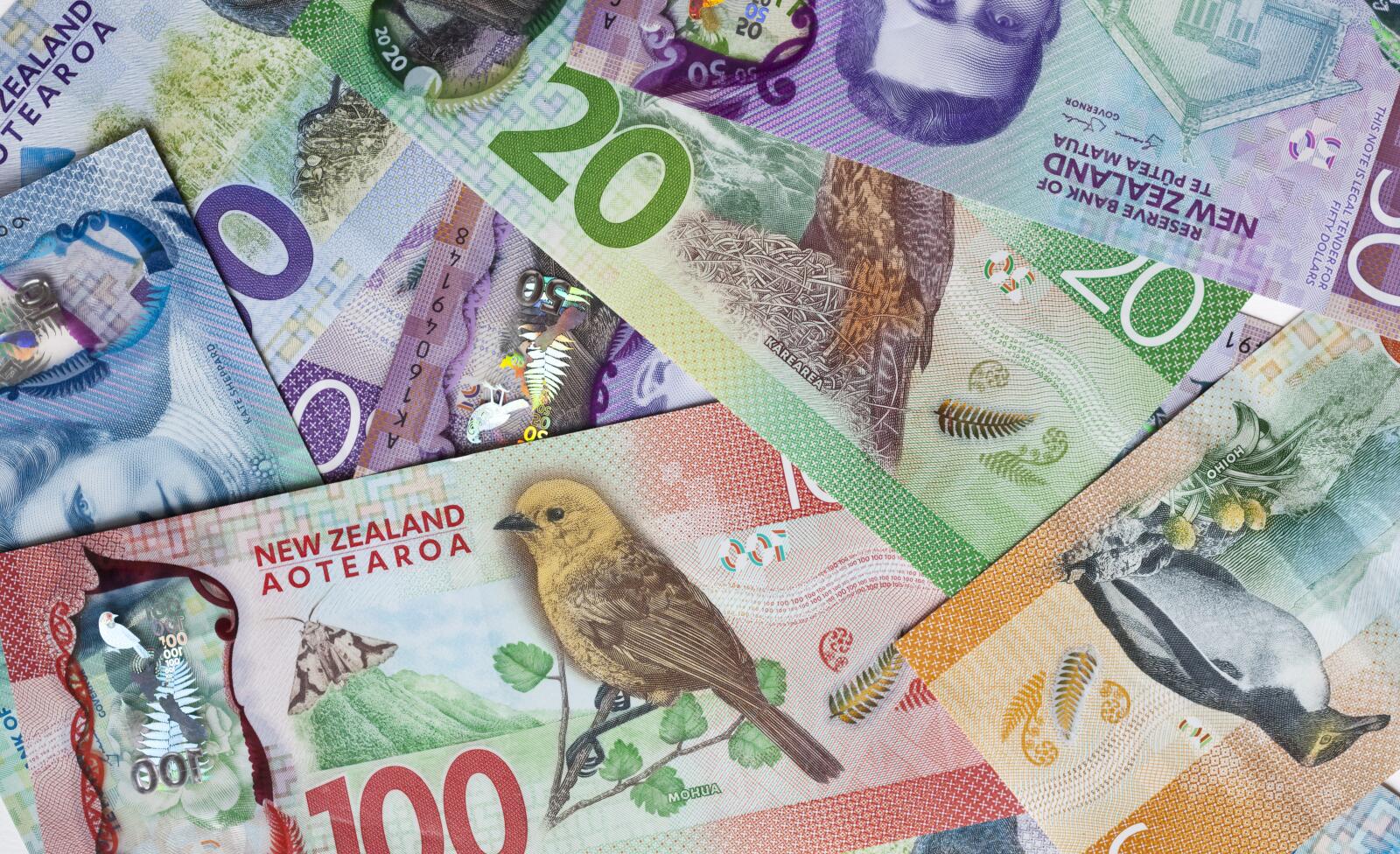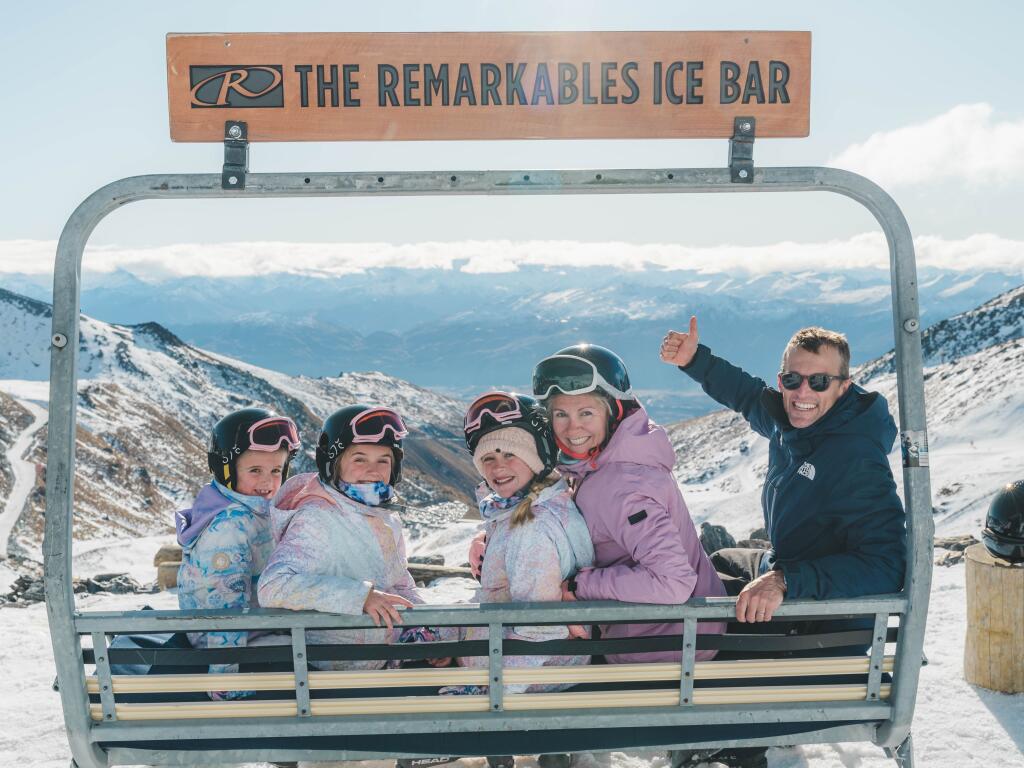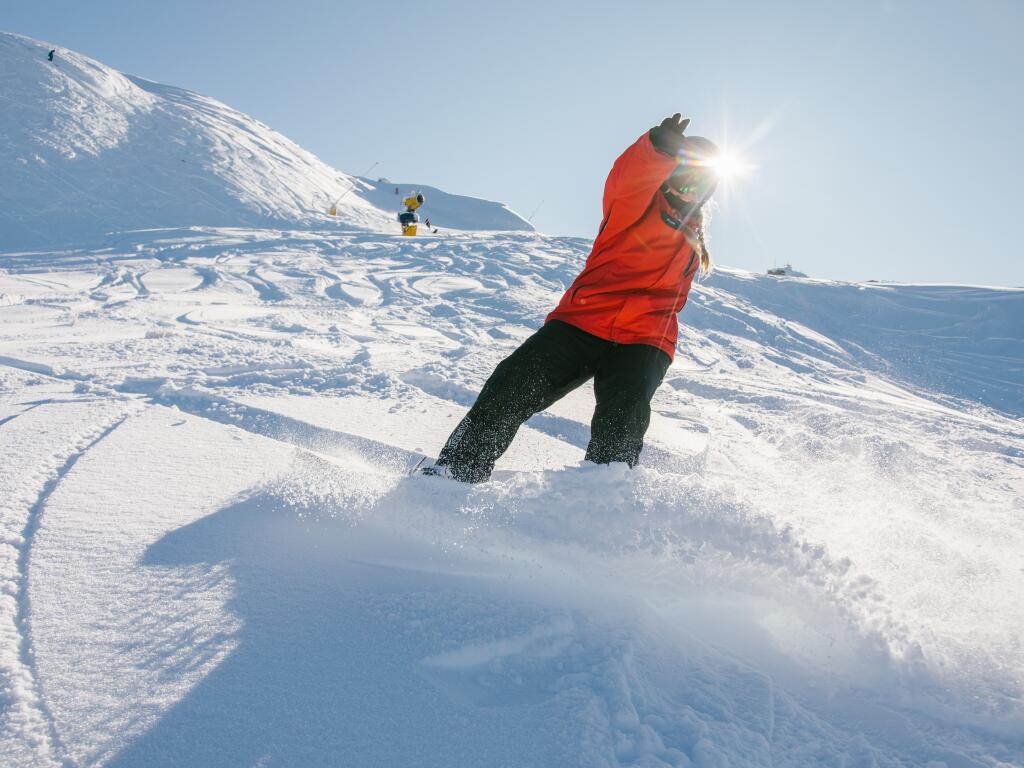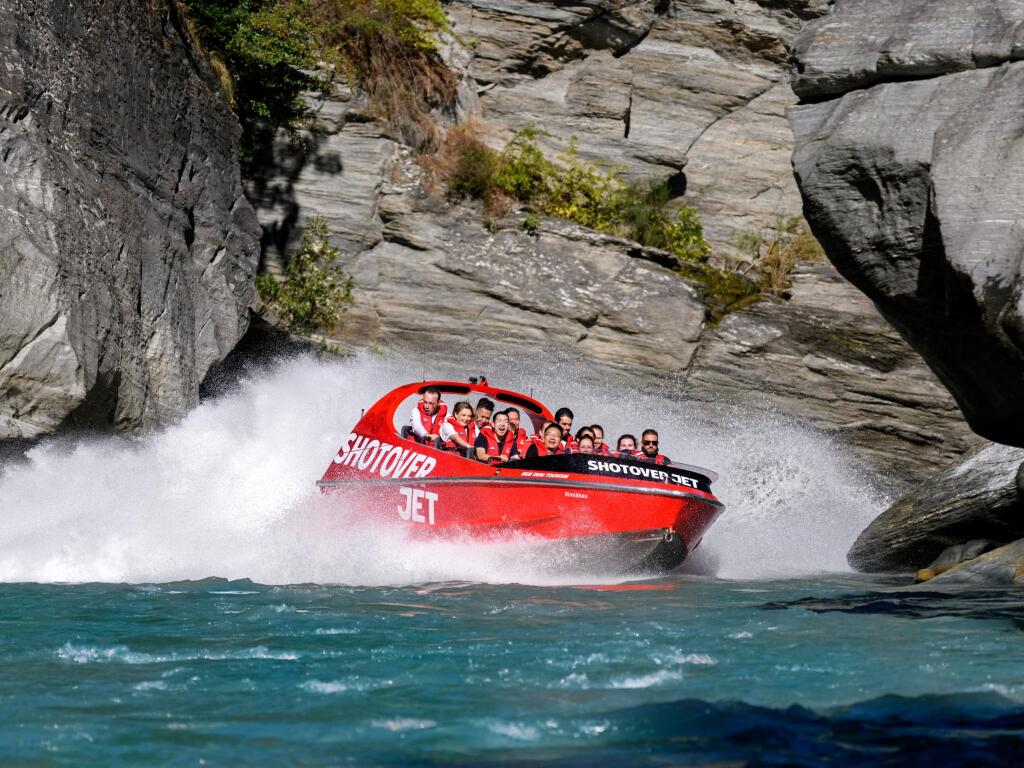New Zealand Currency
The official currency of New Zealand is the New Zealand dollar (NZD) which features a total of ten denominations, split evenly between five coins and five banknotes. Similar to Australian currency, the dollar is subdivided into 100 cents. When travelling in New Zealand, local shops and markets tend to be more affordable while resorts can be more on the expensive side however overall New Zealand is an affordable destination and Australian travellers can expect to spend anywhere from $150 - $250 a day. ATM machines can be found across New Zealand's major hotels, tourist regions and ski fields and accept all major international debit and credit cards.
What is the currency in New Zealand?
The currency in New Zealand is the New Zealand dollar (NZD). The New Zealand dollar is a decimal currency, which means that it is divided into 100 cents. Coins in New Zealand come in denominations of 10, 20, and 50 cents, as well as $1 and $2 coins. There are also $5, $10, $20, $50, and $100 banknotes in circulation. If you are traveling to New Zealand from a country with a different currency, you will need to exchange your currency for NZD before you can use it in New Zealand. You can exchange currency at banks, currency exchange offices, and some hotels. It is also possible to withdraw New Zealand dollars from ATMs using a credit or debit card.

Is New Zealand an expensive destination?
The cost of a holiday in New Zealand can vary depending on a number of factors, such as your travel style, the time of year you visit, and the specific activities and attractions you want to do. Food and transportation costs in New Zealand are generally similar to those in Australia and travellers can expect to spend anywhere from $150 - $250 a day. There are definitely high-end experiences to splurge on including lavish alpine ski resorts, luxury tours and helicopter rides. When travelling in New Zealand, local shops and markets tend to be more affordable while resorts can be more on the expensive side however generally New Zealand is a relatively affordable destination. Ultimately the cost of a New Zealand holiday will depend on your personal preferences and budget. It is possible to visit the country on a relatively modest budget, and holiday packages with selected activities and things like gear hire included help to make New Zealand holidays more affordable.
Are there ATMs in New Zealand?
ATMs are available in a variety of locations around New Zealand, including banks, shopping malls, and convenience stores. Most ATMs are operated by banks, and are typically available 24 hours a day. ATMs in New Zealand accept most major credit and debit cards as well as cards from international banks, although you may be charged a foreign transaction fee. It is generally more convenient to use an ATM to withdraw cash in New Zealand, as the exchange rates are typically better than those offered by currency exchange offices, and there are often fees associated with exchanging cash.
Can I use my credit card in New Zealand?
Credit cards are accepted in most major retailers, restaurants and tourist destinations in New Zealand however international travellers will be charged a conversion fee. Not all merchants will offer credit card facilities however and some smaller businesses and attractions may only accept cash so it is a good idea to have some on hand when you are travelling in New Zealand. If you need to exchange foreign currency for New Zealand dollars, you can do so at banks, currency exchange offices, and some hotels.
Do you need to tip in New Zealand?
Tipping is not a common practice in New Zealand, and it is not expected in most service industries nor are service charges added to the bill at hotels and restaurants in New Zealand. In general, people in New Zealand do not expect to receive tips for providing basic services, such as dining in a restaurant. However in some tourist areas such as Queenstown, some visitors like to tip tour guides or other service providers if they feel that they have provided particularly good service. If you do want to tip someone in New Zealand, it is usually sufficient to round up the bill to the nearest dollar or leave a small amount of change or note.








